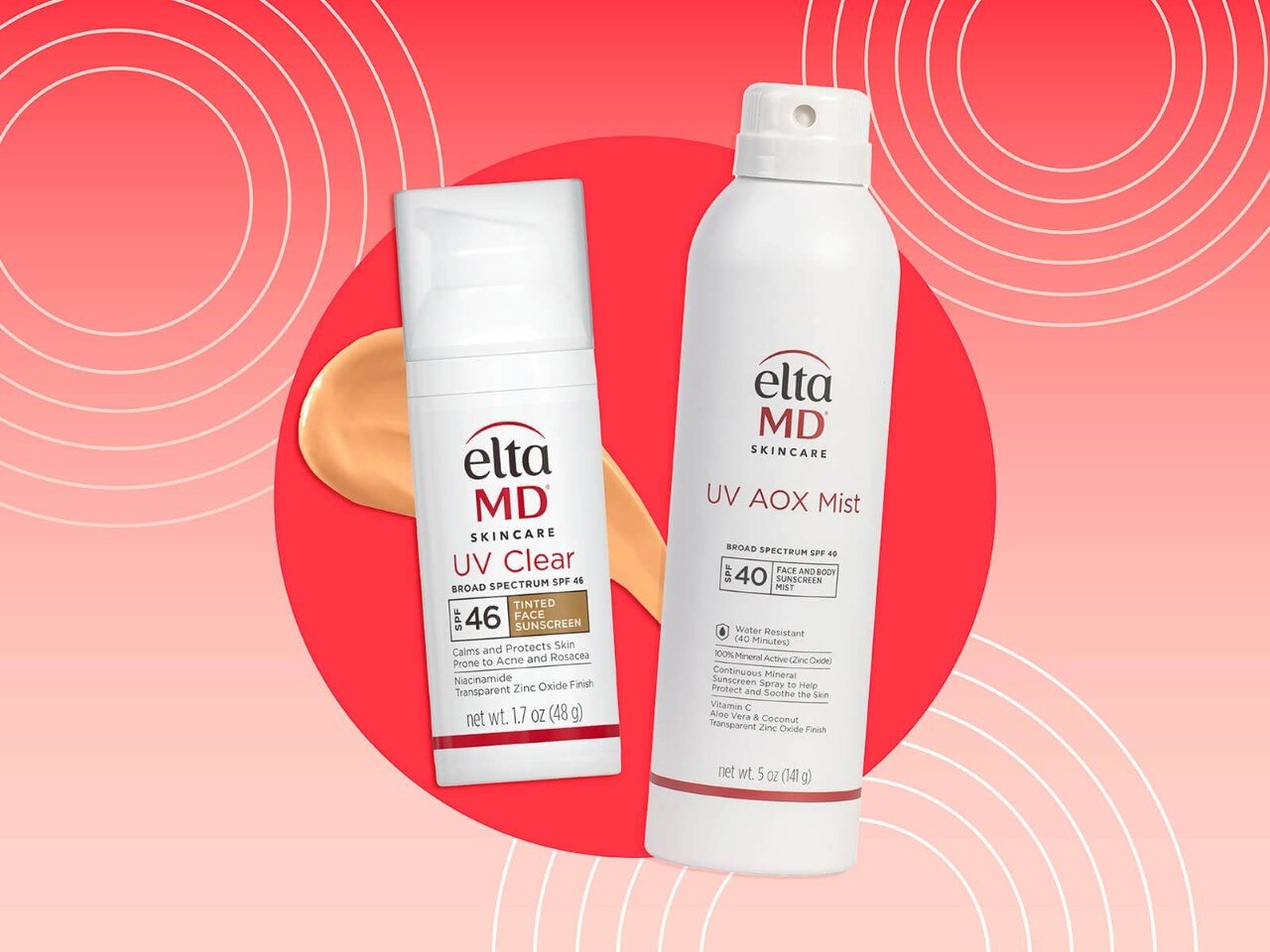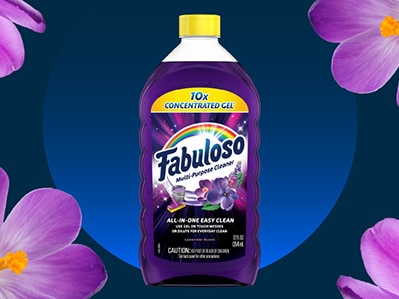Our understanding of the skin, the body's largest organ, continues to evolve each day. We recently met with three CP experts in skin health to talk about the intricacies of skin science, debunk myths surrounding sunscreen, and offer valuable advice on optimal skin protection.
Fact: The Skin Is Home to an Entire Ecosystem
If you were to view your skin under a microscope, you might be surprised to find an entire ecosystem living on the human body’s physical barrier, full of bacteria, fungi, and yes — even mites. “Some people may be a little bit shocked by that,” said Andrea Morgan, Senior Director of Personal Care R&D at Colgate Palmolive. “But this microbiome is a part of our natural self.”
Similar to the oral or gut microbiome, the skin microbiome plays a vital role in maintaining the overall harmony of the body. It serves as a critical line of defense against external threats such as harsh weather conditions and pollution.
Many products from Colgate Palmolive skin health brands PCA Skin, Filorga, and EltaMD are formulated to work with your skin and preserve the skin microbiome health.
Fiction: People With Darker Skin Tones Don’t Need to Wear Sunscreen
There’s a common misbelief that people with darker skin tones don’t need to wear sunscreen. However, the truth is a little more nuanced as melanin, a group of molecules more concentrated in darker skin tones, offers some UV protection but doesn't block them entirely.
Alejandra Estrada, a Skin Health Research Scientist at Colgate Palmolive, highlights that when skin is exposed to UV rays without sun protection, the body compensates by producing excessive melanin, potentially leading to hyperpigmentation spots—darkened patches on the skin. Because of the misconceptions around sunscreen, hyperpigmentation spots are more common for people with darker skin tones.
Estrada emphasizes the importance of sunscreen application throughout the day to prevent hyperpigmentation and maintain healthy and even-toned skin: “Regardless of your skin tone, make sure to reapply sunscreen throughout the day.”
Fact: The Sun Accounts for a Majority of Our Aging
Just how much does our world revolve around the sun? Just consider its impact on your skin.
Photoaging, the aging process influenced by sun exposure, accounts for 80-90% of the overall skin aging, according to insights from Devon Cocuzza, a Skin Health Principal Scientist at Colgate Palmolive.
While aging is an inevitable, the effects of aging — wrinkles, discoloration, and hyperpigmentation — are accelerated by the sun.
At the Colgate Palmolive skin health lab in Piscataway, New Jersey, Cocuzza and fellow scientists leverage cutting-edge technology to craft zinc-oxide-based formulations for Colgate Palmolive’s skin health brands. These meticulously designed products offer broad-spectrum protection from UVA and UVB light, serving as a tool to help prevent sunburns, photoaging, hyperpigmentation, and skin cancer. This underscores Colgate Palmolive's commitment to advancing skin health through precision-engineered sun care solutions.
Like Estrada, Cocuzza recommends starting your day by applying sunscreen and, just as importantly, reapplying it throughout the day.




